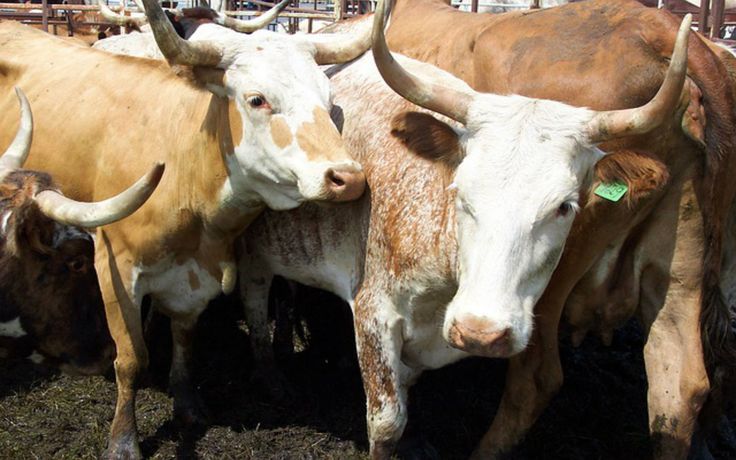Feedlot farming, a form of concentrated animal feeding operations (CAFOs), has often been associated with environmental concerns.
- Environmental Challenges and Sustainable Solutions:
Feedlot farming faces several environmental challenges, including water and air pollution, greenhouse gas emissions, and waste management. To address these challenges, sustainable feedlot farming focuses on the following solutions:

- Waste Management:
Feedlot operations implement effective waste management practices to minimize environmental impact. This includes proper collection, treatment, and utilization of animal waste, such as composting or converting it into biogas for energy generation.

- Water Conservation:
Sustainable feedlot farming emphasizes water conservation by implementing strategies such as efficient irrigation systems, water recycling, and the use of water-saving technologies. Additionally, storm water management techniques are employed to prevent runoff and minimize water pollution.

- Renewable Energy:
Feedlots are exploring the use of renewable energy sources, such as solar or wind power, to reduce reliance on non-renewable energy and minimize greenhouse gas emissions. This includes utilizing solar panels for electricity generation or implementing anaerobic digesters to capture biogas from waste for energy production.
- Feed Efficiency and Nutritional Management:
Maximizing feed efficiency is a crucial aspect of sustainable feedlot farming. By formulating balanced diets and using nutritional management techniques, feedlot operators can optimize cattle growth while minimizing resource waste. This includes utilizing precision feeding technologies and incorporating alternative feed ingredients to reduce the environmental footprint of feed production.

By the way you should Note that our company can help you to start by giving you all the necessary information you need to get started if not yet in the business. Please check our online shop, we have all the standard business proposals for different capacities at very a cheap price made by the best agricultural specialists as well as Standard design plans that are made by the best agricultural architects around the globe. please visit our online shop now using the links below to witness by yourself
Design plans (FARM HOUSE DESIGNS – Kimd Construction & Farm Consultants)
Business plans (BUSINESS PLANS & PROPOSALS – Kimd Construction & Farm Consultants)
Welcome back from visiting our shop, hope you have placed your order for any of our products or you can place it after navigating more of our informative articles.
So let’s continue with our article!
- Animal Health and Welfare:
Ensuring the health and welfare of animals is an integral part of sustainable feedlot farming. Proactive measures are taken to prevent diseases, including vaccination programs and regular health monitoring. Additionally, proper housing and handling practices are implemented to ensure the well-being of the animals.

- Collaboration and Industry Standards:
The feedlot industry collaborates with regulatory agencies, environmental organizations, and research institutions to develop and implement industry-wide sustainability standards. These standards cover various aspects, such as waste management, water conservation, emissions reduction, and animal welfare. Compliance with these standards ensures that feedlot operations are conducted in an environmentally responsible manner.

- Continuous Improvement and Innovation:
Sustainable feedlot farming is an ongoing process of continuous improvement and innovation. Feedlot operators actively seek new technologies, best practices, and research findings to enhance sustainability efforts. This includes advancements in waste management techniques, feed formulation, energy efficiency, and environmental monitoring systems.

Conclusion:
Sustainable feedlot farming is a proactive approach that aims to balance efficient cattle production with environmental responsibility. Through effective waste management, water conservation, renewable energy utilization, and a focus on animal health and welfare, the industry is striving to minimize its environmental impact. By collaborating with stakeholders and embracing continuous improvement, feedlot operations are working towards a more sustainable future, ensuring the long-term viability of the industry while safeguarding the environment.




